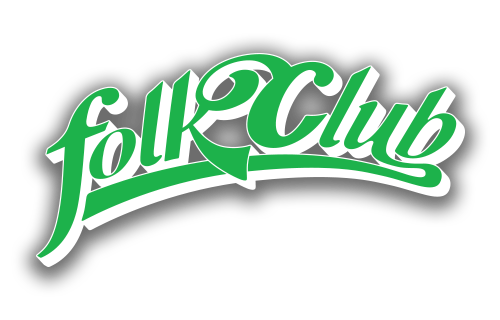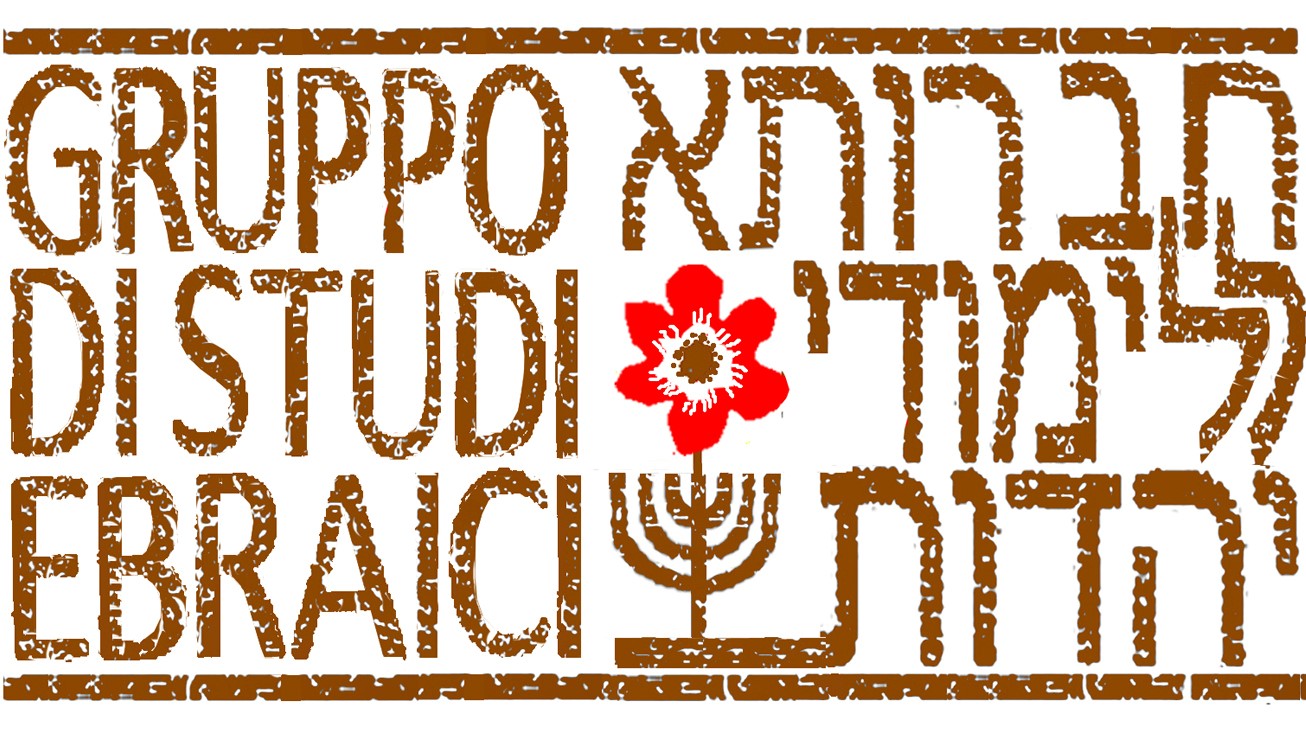

Entrance: 20.00€
Young under 30: 10€ (discount rules)
Price: 5.00€


Gabriele Coen: soprano sax, clarinet
Barbara Eramo: voice
Alessandro Gwis: piano
After many projects dedicated to Jewish instrumental music, Gabriele Coen returns to the scene with a vocal project focused on the expressive immediacy of Jewish songs, Yiddish songs from Central-Eastern Europe and Sephardic songs, expression of the various communities of the Mediterranean. The Yiddish linguistic and cultural universe has naturally translated, over the centuries, into a vast repertoire of songs. Intense music and lyrics, with a thousand different flavors, faithful mirror of a wandering people, its feelings and its vicissitudes. Love songs, lullabies, praises to the Lord, tavern songs: the sacred and the profane, melancholy and joy, irony, humor and the sense of the tragic often coexist within the same song, reflecting what are the main characteristics of the wandering people. The Yiddish song is modeled to the needs of the various historical moments, knowing an intense season of struggle and great social commitment in conjunction with the birth of the workers' movements at the end of the nineteenth century. With the mounting pogroms in Tsarist Russia and the advent of Nazism, the social protest song becomes a political song. The song becomes a desperate cry, an invocation for help, a stoic profession of faith. In the ghettos of half of Europe, and even in the concentration camps, the Yiddish song gives expression to the inhuman suffering of those condemned to death, comforting, as far as possible, its people. Sefarad is the Hebrew term for the Iberian Peninsula, a territory to which many communities of Jews who fled Palestine had moved following the destruction of the Second Temple by the Romans in 70 AD. After centuries of not always peaceful coexistence with Arab and Christian domination, the definitive expulsion of the Jewish-Spanish communities – which took place in 1492 at the hands of Catholic sovereigns – pushed these populations to other countries of Western Europe (Holland, Italy, France) and the entire Mediterranean basin. Important settlements were thus created in Morocco, Algeria, Tunisia, Libya and in all the territories of the Turkish Empire, in particular in Greece, Egypt and the Balkan countries. In exile, Sephardic Jews preserved their traditions, the Spanish language and music, but they also knew how to merge their culture with that of the societies in which they settled. Sephardic music is the privileged domain of a transnational character in which the particular aptitude to combine the specificity of Jewish musical elements with the sound hemispheres of the Arab world and European Renaissance music has been poured.
Gabriel Coen. Saxophonist, clarinetist, composer, teacher, Coen has dedicated himself for thirty years to the encounter between jazz and ethnic music, in particular Mediterranean and Eastern European. Already founder of KlezRoym - a well-known Italian formation dedicated to the updating of Jewish musical heritage - with whom he recorded 6 records for the CNI label, in 2001 he gave life to the group Gabriele Coen Atlante Sonoro, with which he blends jazz language and ethnic music. In 2005 he began his activity with the Jewish Experience project, with which he recorded four works, two of which for John Zorn's prestigious New York label, Tzadik Records. As a composer and performer he has created together with Mario Rivera several soundtracks for the cinema including "Notturno Bus" (2007) by Davide Marengo, "Scontro di civiltà per un ascensore a Piazza Vittorio" (2010) by Isotta Toso and "Tornare" (2020) by Cristina Comencini. In 2013 he founded a new quintet in his name with which, after the tributes to Kurt Weill and John Zorn, he offers a very original tribute to Leonard Bernstein. For Parco della Musica Records, in June 2017 he published "Sephirot. Kabbalah in Music" where Coen conducts his new sextet between electricity and spiritualism. Also for the same label, in January 2020 the CD "Leonard Bernstein Tribute" is released, with Benny Penazzi, Alessandro Gwis, Danilo Gallo and Zeno de Rossi. In January 2023, their new album "Sephardic Beat" was released.
Barbara Eramo. Singer and songwriter, was born in Taranto in 1972. After the first musical experiences in Puglia, in the 90s she moved to Rome where he collaborated on several projects: Quartetto Spiritual / Roma World Spirit; Paola Turci in 1993/1995; the Azzurria group (Peppe Frattaroli, Alexis Lefevre and Massimo Cusato). In '96 the duo Eramo & Passavanti was born (with the artistic production of Bungaro), with which she won the Critics' Award in the Youth section of the Sanremo Festival 1998 and the Volare Award for the best performance of the festival assigned by Michael Nyman, president of the quality jury. Later the album "Oro e Ruggine" was released with guest Ivan Lins. She has sung in many soundtracks including: "Tale of Tales - Il Raconto dei Racconti" by Matteo Garrone, composed by Oscar winner Alexandre Despalt. With Luis Bacalov (Oscar winner film "Il Postino") in the film "Milonga". With Pivio & Aldo De Scalzi (winners of 2 David di Donatello) in numerous films and fiction: "El Alamein", "Ormai è fatta", "L'ispettore Coliandro", "Distretto di Polizia", "L'uomo di vetro", "Piano 17", "Si può fare" and others. With Andrea Guerra and Paolo Bonvino for various TV dramas: "Tutto può succedere", "Santa Barbara" and "Sotto copertura". With Stefano Saletti she composed and sang the music for the fiction "Un Matrimonio" by Pupi Avati. With Emanuele Bossi she sang and is co-author of some tracks in the fiction "L'isola di Pietro", with Gianni Morandi. With Laura Inserra she composed and sang a song in the film "Lettere dal Sahara" by Vittorio della Seta. With Vito Lo Re in "La Ragazza nella nebbia". In the theater, she sang in the project "Leucasia" by Mike Mainieri (Steps Ahead) and Marco Omicini; she wrote and sang "Loaded Gun" for the band Fonderia, recorded at Peter Gabriel's Real World; with Rocco De Rosa live and in the CD "Trammari"; with Nico Morelli in the project "UnFOLKettable two". In 2003 she starred in the role of Sephora, wife of Moses, in the musical "The Ten Commandments", an impressive production French directed by Elie Chouraqui and curated in Italy by the De Angelis Brothers. Since 2005 she is the lead singer of the Little Band Ikona with the CDs "Folkpolitik", "Marea cu sarea" and "Souncity". With the Band she toured in Italy and abroad (including the Festival Sete Sois Sete Luas and Vancouver Folkfest in Canada), took part in several theatrical performances with Giancarlo Giannini, Giorgio Albertazzi, Massimo Popolizio, Manuela Mandracchia, Umberto Orsini, Pamela Villoresi and Michele Placido. Since 2006 she collaborates with the "Concerto Fotogramma" and becomes the lead singer in the symphonic concerts of the Oscar winner Nicola Piovani. In 2018, as a duo, Barbara and Nicola were guests in the former residence of the Emperor of Kyoto. She sings with the Pejman Tadayon ensemble, a project of Persian Arabic music. Since 2015 she sings as a soloist in the urban theater-dance company Kitonb in prestigious events and international festivals (Lithuania, Holland, Romania, France) and takes part in the great New Year's Eve in Rome 2018 at the Baths of Caracalla with the show "Carillon". In 2008 she released his solo album "In Transparency" which boasts the precious collaboration of Alessio Bonomo, Diana Tejera and the late Fausto Mesolella (Avion Travel). In 2010 she released the CD "Oriental Night Fever" made together with musician producer French Hector Zazou and Stefano Saletti. In 2014 she published "Emily", a concept album of songs she composed on poems by Emily Dickinson, presented at the Auditorium Parco della Musica in Rome. In 2020 is her most recent album "Emisferi" (MBC music).
Alexander Gwis. Pianist, keyboardist and composer, he was born in Rome in 1969. He began studying classical piano at the age of 8; In 1979 he performed live for the first time, on the occasion of the "Estate Romana" festival. At the age of 16 he approached jazz and improvised music; In the same period he began to deepen the use of synthesizers and electronic keyboards. Since 1988 he has carried out an intense professional activity. He has been a member of the Aires Tango group since its foundation; in 2006 he published his first solo work, entitled "Alessandro Gwis", which in 2010 was followed by a second CD, entitled "#2"; in November 2022 he released his third solo work, "Rooftops and the yellow moon", with Pierpaolo Ranieri, Marco Rovinelli, Michele Rabbia and Luca Pirozzi. He boasts collaborations with Javier Girotto, Marco Siniscalco and Michele Rabbia (from '94 to today), Roberto Gatto, Paolo Fresu, Antonello Salis, Ralph Towner, Cuong Vu, Jorge Pardo, Paul McCandless, Enrico Rava, Dulce Pontes, Gegé Telesforo, Maria Pia de Vito, Omar Faruk Tekbilek, Peppe Servillo, Fabrizio Sferra, Francesco Bearzatti, Gianni Coscia, Kurt Rosenwinkel, Flavio Boltro, Maurizio Giammarco, Stefano di Battista, Giovanni Maier, Lutte Berg, Achille Succi, Roberto Cecchetto, Roberto Ottaviano, Fabrizio Bosso, Danilo Rea, Sandro Satta, Horacio Hernandez and many others. He has also composed and performed music for cinema, television and dance (among others, with Giorgio Rossi, Daniele Vicari, Guido Chiesa); he has collaborated with several pop music singers, in particular with Gianni Morandi (from '92 to today in numerous tours in Italy and abroad), Samuele Bersani, Massimo Ranieri, Avion Travel, Patty Pravo, Sergio Endrigo, Lucio Dalla and many others. In the theatrical field he has collaborated with artists such as Sergio Rubini, Stefano Benni, Davide Riondino and Laura Morante.